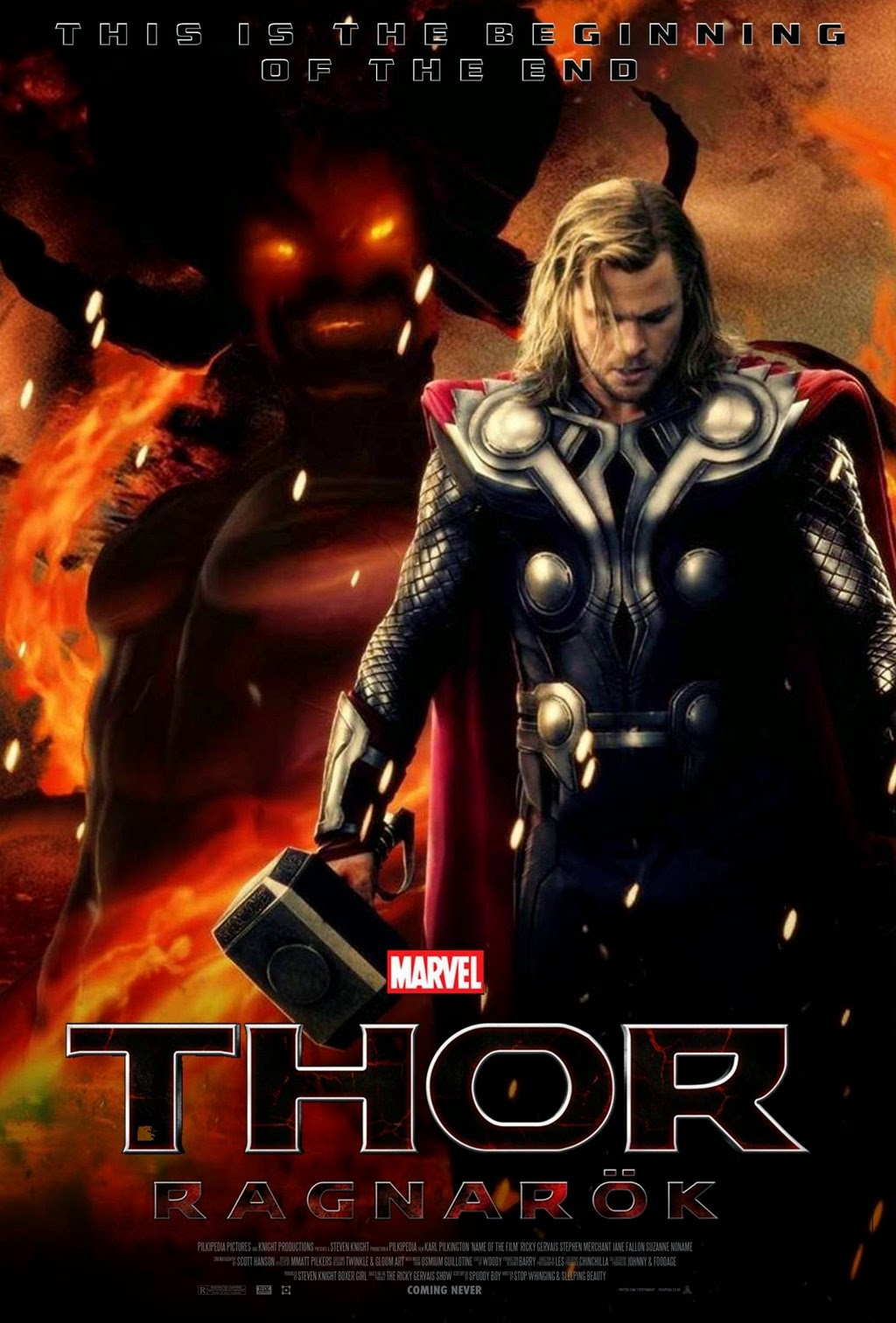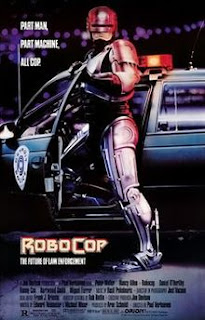The Beatles were an English rock band that formed in Liverpool in 1960. With members John Lennon, Paul McCartney, George Harrison and Ringo Starr, they became widely regarded as the greatest and most influential act of the rock era. Rooted in skiffle, beat and 1950s rock and roll, the Beatles later experimented with several genres, ranging from pop ballads and Indian music to psychedelic and hard rock, often incorporating classical elements in innovative ways. In the early 1960s, their enormous popularity first emerged as "Beatlemania", but as their songwriting grew in sophistication they came to be perceived as an embodiment of the ideals shared by the era's sociocultural revolutions.
The Beatles built their reputation playing clubs in Liverpool and Hamburg over a three-year period from 1960. Manager Brian Epstein moulded them into a professional act and producer George Martin enhanced their musical potential. They gained popularity in the United Kingdom after their first hit, "Love Me Do", in late 1962. They acquired the nickname "the Fab Four" as Beatlemania grew in Britain over the following year, and by early 1964 they had become international stars, leading the "British Invasion" of the United States pop market.
From 1965 onwards, the Beatles produced what many consider their finest material, including the innovative and widely influential albums Rubber Soul (1965), Revolver (1966), Sgt. Pepper's Lonely Hearts Club Band (1967), The Beatles (commonly known as the White Album, 1968) and Abbey Road (1969). After their break-up in 1970, they each enjoyed successful musical careers. Lennon was shot and killed in December 1980, and Harrison died of lung cancer in November 2001. McCartney and Starr, the surviving members, remain musically active.
According to the RIAA, the Beatles are the best-selling music artists in the United States, with 178 million certified units. They have had more number-one albums on the British charts and sold more singles in the UK than any other act. In 2008, the group topped Billboard magazine's list of the all-time most successful "Hot 100" artists; as of 2015, they hold the record for most number-one hits on the Hot 100 chart with twenty. They have received ten Grammy Awards, an Academy Award for Best Original Score and fifteen Ivor Novello Awards. Collectively included in Time magazine's compilation of the twentieth century's 100 most influential people, they are the best-selling band in history, with estimated sales of over 600 million records worldwide.
Description
- Origin : Liverpool, England
- Genres : Rock pop
- Years active : 1960–70
- Labels : Parlophone, Swan, Vee-Jay, Capitol, United Artists, Apple
- Associated acts : The Quarrymen, Billy Preston, Badfinger, Jackie Lomax, Plastic Ono Band
- Members : John Lennon, Paul McCartney, George Harrison, Ringo Starr
- Past members : Pete Best, Stuart Sutcliffe
- The Quarrymen, In Hamburg At The Cavern Club Decca audition, Beatlemania in the United Kingdom, North American releases. In the United States 1966
- "More popular than Jesus", Studio years. In India, Break-up, Reunions, Line-ups, Religious beliefs, Timeline
1957–62: formation, Hamburg, and UK popularity
In March 1957, John Lennon, then aged sixteen, formed a skiffle group with several friends from Quarry Bank school. They briefly called themselves the Blackjacks, before changing their name to the Quarrymen after discovering that a respected local group was already using the other name. Fifteen-year-old Paul McCartney joined as a rhythm guitarist shortly after he and Lennon met that July. In February 1958, McCartney invited his friend George Harrison to watch the band. The fourteen-year-old auditioned for Lennon, impressing him with his playing, but Lennon initially thought Harrison was too young to join them. After a month of Harrison's persistence, they enlisted him as their lead guitarist.
By January 1959, Lennon's Quarry Bank friends had left the group, and he began studies at the Liverpool College of Art. The three guitarists, billing themselves at least three times as Johnny and the Moondogs, were playing rock and roll whenever they could find a drummer. Lennon's art school friend Stuart Sutcliffe, who had recently sold one of his paintings and purchased a bass guitar, joined in January 1960, and it was he who suggested changing the band's name to Beatals, as a tribute to Buddy Holly and the Crickets. They used the name through May, when they became the Silver Beetles, before undertaking a brief tour of Scotland as the backing group for pop singer and fellow Liverpudlian Johnny Gentle. By early July, they had changed their name to the Silver Beatles and by the middle of August to the Beatles.
Allan Williams, the Beatles' unofficial manager, arranged a residency for them in Hamburg, but lacking a full-time drummer they auditioned and hired Pete Best in mid-August 1960. The band, now a five-piece, left four days later, contracted to club owner Bruno Koschmider for what would be a 3½-month residency. Beatles historian Mark Lewisohn writes: "They pulled into Hamburg at dusk on 17 August, the time when the red-light area comes to life ... flashing neon lights screamed out the various entertainment on offer, while scantily clad women sat unabashed in shop windows waiting for business opportunities."
Koschmider had converted a couple of strip clubs in the district into music venues, and he initially placed the Beatles at the Indra Club. After closing the Indra due to noise complaints, he moved them to the Kaiserkeller in October. When he learned they had been performing at the rival Top Ten Club in breach of their contract, he gave the band one month's termination notice, and reported the underage Harrison, who had obtained permission to stay in Hamburg by lying to the German authorities about his age. The authorities arranged for Harrison's deportation in late November. One week later, Koschmider had McCartney and Best arrested for arson after they set fire to a tapestry on the wall in their room; the authorities deported them. Lennon returned to Liverpool in early December, while Sutcliffe remained in Hamburg through late February with his German fiancée Astrid Kirchherr, who took the first semi-professional photos of the Beatles.
During the next two years, the Beatles were resident for periods in Hamburg, where they used Preludin both recreationally and to maintain their energy through all-night performances. In 1961, during their second Hamburg engagement, Kirchherr cut Sutcliffe's hair in the "exi" (existentialist) style, later adopted by the other Beatles. When Sutcliffe decided to leave the band early that year and resume his art studies in Germany, McCartney took up the bass. Producer Bert Kaempfert contracted what was now a four-piece group through June 1962, and he used them as Tony Sheridan's backing band on a series of recordings. Credited to "Tony Sheridan & the Beat Brothers", the single "My Bonnie", recorded in June 1961 and released four months later, reached number 32 on the Musikmarkt chart.
After the Beatles completed their second Hamburg residency, they enjoyed increasing popularity in Liverpool with the growing Merseybeat movement. However, they were also growing tired of the monotony of numerous appearances at the same clubs night after night. In November 1961, during one of the group's frequent performances at the Cavern Club, they encountered Brian Epstein, a local record-store owner and music columnist. He later recalled: "I immediately liked what I heard. They were fresh, and they were honest, and they had what I thought was a sort of presence ... star quality."
Epstein courted the band over the next couple of months, and they appointed him as their manager in January 1962. Throughout early and mid-1962, Epstein sought to free the Beatles from their contractual obligations to Bert Kaempfert Productions. He eventually negotiated a one-month-early release from their contract in exchange for one last recording session in Hamburg. Tragedy greeted them on their return to Germany in April, when a distraught Kirchherr met them at the airport with news of Sutcliffe's death the previous day from what would later be determined a brain hemorrhage. Epstein began negotiations with record labels for a recording contract. After an early February audition, Decca Records rejected the band with the comment "Guitar groups are on the way out, Mr. Epstein." However, three months later, producer George Martin signed the Beatles to EMI's Parlophone label.
Martin's first recording session with the Beatles took place at EMI's Abbey Road Studios in London on 6 June 1962. Martin immediately complained to Epstein about Best's poor drumming and suggested they use a session drummer in his place. Already contemplating Best's dismissal, the Beatles replaced him in mid-August with Ringo Starr, who left Rory Storm and the Hurricanes to join them. A 4 September session at EMI yielded a recording of "Love Me Do" featuring Starr on drums, but a dissatisfied Martin hired drummer Andy White for the band's third session a week later, which produced recordings of "Love Me Do", "Please Please Me" and "P.S. I Love You".
Martin initially selected the Starr version of "Love Me Do" for the band's first single, though subsequent re-pressings featured the White version, with Starr on tambourine. Released in early October, "Love Me Do" peaked at number seventeen on the Record Retailer chart. Their television debut came later that month with a live performance on the regional news programme People and Places. After Martin suggested rerecording "Please Please Me" at a faster tempo, a studio session in late November yielded that recording, of which Martin accurately predicted, "You've just made your first No.1."
In December 1962, the Beatles concluded their fifth and final Hamburg residency. By 1963, they had agreed that all four band members would contribute vocals to their albums – including Starr, despite his restricted vocal range, to validate his standing in the group. Lennon and McCartney had established a songwriting partnership, and as the band's success grew, their dominant collaboration limited Harrison's opportunities as a lead vocalist. Epstein, in an effort to maximise the Beatles' commercial potential, encouraged them to adopt a professional approach to performing. Lennon recalled him saying, "Look, if you really want to get in these bigger places, you're going to have to change – stop eating on stage, stop swearing, stop smoking ..." Lennon said: "We used to dress how we liked, on and off stage. He'd tell us that jeans were not particularly smart and could we possibly manage to wear proper trousers, but he didn't want us suddenly looking square. He'd let us have our own sense of individuality.
1963–66: Beatlemania and touring years
Please Please Me and With the Beatles
On 11 February 1963, the Beatles recorded ten songs during a single studio session for their debut LP, Please Please Me. The album was supplemented by the four tracks already released on their first two singles. Martin originally considered recording the Beatles' debut LP live at the Cavern Club, but after deciding that the building's acoustics were inadequate, he elected to simulate a "live" album with minimal production in "a single marathon session at Abbey Road". After the moderate success of "Love Me Do", the single "Please Please Me" met with a more emphatic reception. Released in January 1963, two months ahead of the album of the same name, the song reached number one on every chart in London except Record Retailer, where it stalled at number two.
Recalling how the Beatles "rushed to deliver a debut album, bashing out Please Please Me in a day", AllMusic's Stephen Thomas Erlewine comments, "Decades after its release, the album still sounds fresh, precisely because of its intense origins." Lennon said little thought went into composition at the time; he and McCartney were "just writing songs à la Everly Brothers, à la Buddy Holly, pop songs with no more thought of them than that – to create a sound. And the words were almost irrelevant."
Released in March 1963, the album initiated a run during which eleven of their twelve studio albums released in the United Kingdom through 1970 reached number one. The band's third single, "From Me to You", came out in April and was also a chart-topping hit, starting an almost unbroken string of seventeen British number-one singles for the Beatles, including all but one of the eighteen they released over the next six years. Issued in August, the band's fourth single, "She Loves You", achieved the fastest sales of any record in the UK up to that time, selling three-quarters of a million copies in under four weeks. It became their first single to sell a million copies, and remained the biggest-selling record in the UK until 1978, when "Mull of Kintyre", by McCartney's post-Beatles band Wings, surpassed it in sales.
Their commercial success brought increased media exposure, to which the Beatles responded with an irreverent and comical attitude that defied the expectations of pop musicians at the time, inspiring even more interest. The band toured the UK three times in the first half of the year: a four-week tour that began in February, the Beatles's first nationwide, preceded three-week tours in March and May–June. As their popularity spread, a frenzied adulation of the group took hold. Greeted with riotous enthusiasm by screaming fans, the press dubbed the phenomenon "Beatlemania". Although not billed as tour leaders, the Beatles overshadowed American acts Tommy Roe and Chris Montez during the February engagements and assumed top billing "by audience demand", something no British act had previously accomplished while touring with artists from the US. A similar situation arose during their May–June tour with Roy Orbison.
In late October, the Beatles began a five-day tour of Sweden, their first time abroad since the final Hamburg engagement of December 1962. On their return to the UK on 31 October, according to Lewisohn, "several hundred screaming fans" greeted them in heavy rain at Heathrow Airport. Around 50 to 100 journalists and photographers as well as representatives from the BBC also joined the airport reception, the first of more than 100 such events. The next day, the band began its fourth tour of Britain within nine months, this one scheduled for six weeks. In mid-November, as Beatlemania intensified, police resorted to using high-pressure water hoses to control the crowd before a concert in Plymouth.
Please Please Me maintained the top position on the Record Retailer chart for 30 weeks, only to be displaced by its follow-up, With the Beatles, the release of which EMI delayed until sales of Please Please Me had subsided. In late November, EMI released With the Beatles to record advance orders of 270,000 copies, and the LP topped a half-million albums sold in one week.[68] Recorded between July and October, With the Beatles made better use of studio production techniques than its predecessor.[69] It held the top spot for 21 weeks with a chart life of 40 weeks. Erlewine described the LP as "a sequel of the highest order – one that betters the original".
In a reversal of then standard practice, EMI released the album ahead of the impending single "I Want to Hold Your Hand", with the song excluded to maximise the single's sales. The album caught the attention of music critic William Mann of The Times, who suggested that Lennon and McCartney were "the outstanding English composers of 1963". The newspaper published a series of articles in which Mann offered detailed analyses of the music, lending it respectability. With the Beatles became the second album in UK chart history to sell a million copies, a figure previously reached only by the 1958 South Pacific soundtrack. When writing the sleeve notes for the album, the band's press officer, Tony Barrow, used the superlative the "fabulous foursome", which the media widely adopted as "the Fab Four".
"British Invasion"
EMI's American subsidiary, Capitol Records, hindered the Beatles' releases in the United States for more than a year by initially declining to issue their music, including their first three singles. Concurrent negotiations with the independent US label Vee-Jay led to the release of some of the songs in 1963, but not all. Vee-Jay finished preparation for the album Introducing... The Beatles, culled from most of the songs of Parlophone's Please Please Me, but a management shake-up led to the album not being released. Then when it surfaced that the label did not report royalties on their sales, the licence Vee-Jay signed with EMI was voided. A new licence was granted to the Swan label for the single "She Loves You", but legal issues with royalties and publishing rights proved an obstacle to the successful marketing of the group in the US.
American chart success began after Epstein arranged for a $40,000 US marketing campaign and secured the support of disc jockey Carrol James, who first played the band's records in mid-December 1963. Late that same month, the Beatles were introduced in the Tidewater area of Virginia by Gene Loving of radio station WGH-AM, accompanied by a full marketing campaign, including Beatles shirt giveaways. Within days, almost every other song played on the station was a Beatles recording.
It was not until the end of first week of January 1964 that their records were played in New York City (also accompanied by a major marketing campaign and with similar play frequency), and then the rest of the country, initiating their music's spread across US radio. This caused an increase in demand, leading Capitol to rush-release "I Want to Hold Your Hand" later that month. Issued on 26 December 1963, with the band's previously scheduled debut there just weeks away, "I Want to Hold Your Hand" sold a million copies, becoming a number-one hit in the US by mid-January. In its wake, Vee-Jay released Introducing... The Beatles to go along with Capitol's debut album Meet the Beatles!, while Swan reactivated production of "She Loves You"
On 7 February 1964, the Beatles left the United Kingdom with an estimated 4000 fans gathered at Heathrow, waving and screaming as the aircraft took off. Upon landing at New York's John F. Kennedy Airport, an uproarious crowd estimated at 3000 greeted them. They gave their first live US television performance two days later on The Ed Sullivan Show, watched by approximately 73 million viewers in over 23 million households, or 34 per cent of the American population.
Biographer Jonathan Gould writes that, according to the Nielsen rating service, it was "the largest audience that had ever been recorded for an American television program". The next morning, the Beatles awoke to a negative critical consensus in the US, but a day later their first US concert saw Beatlemania erupt at Washington Coliseum. Back in New York the following day, the Beatles met with another strong reception during two shows at Carnegie Hall. The band then flew to Florida and appeared on the weekly Ed Sullivan Show a second time, before another 70 million viewers, before returning to the UK on 22 February.
Source : Wikipedia.
































